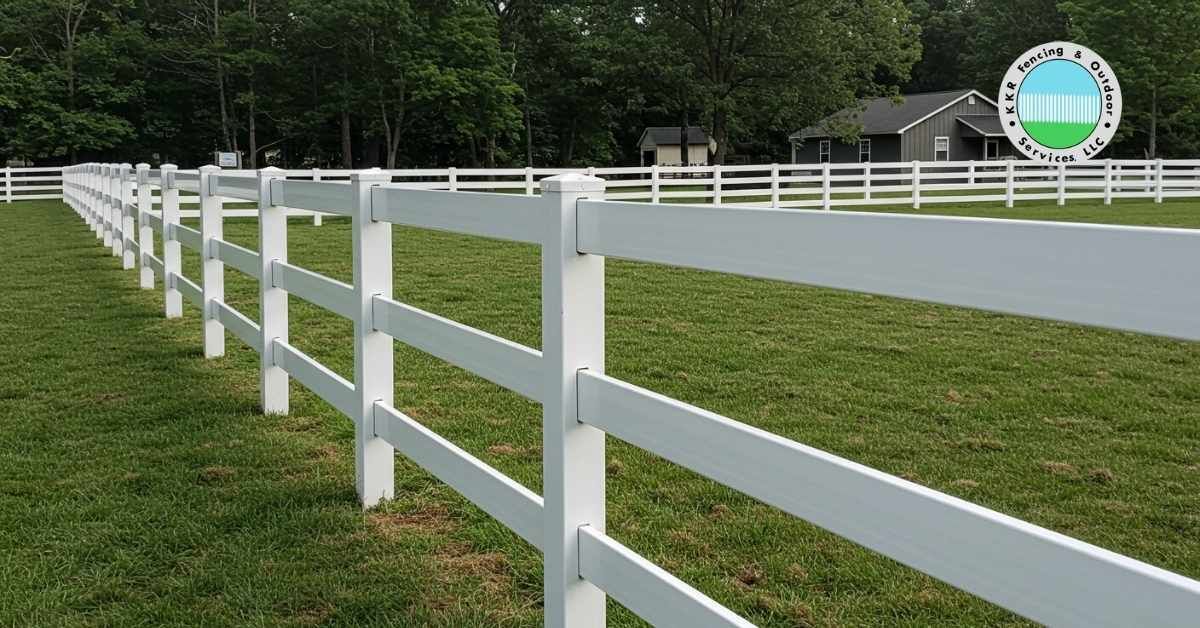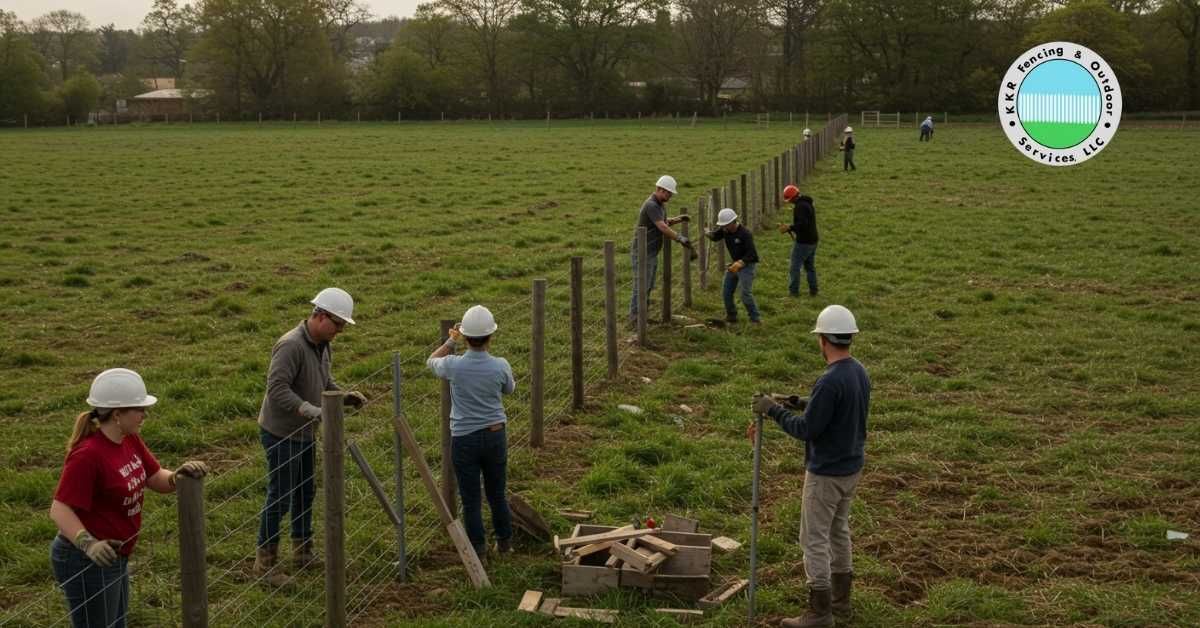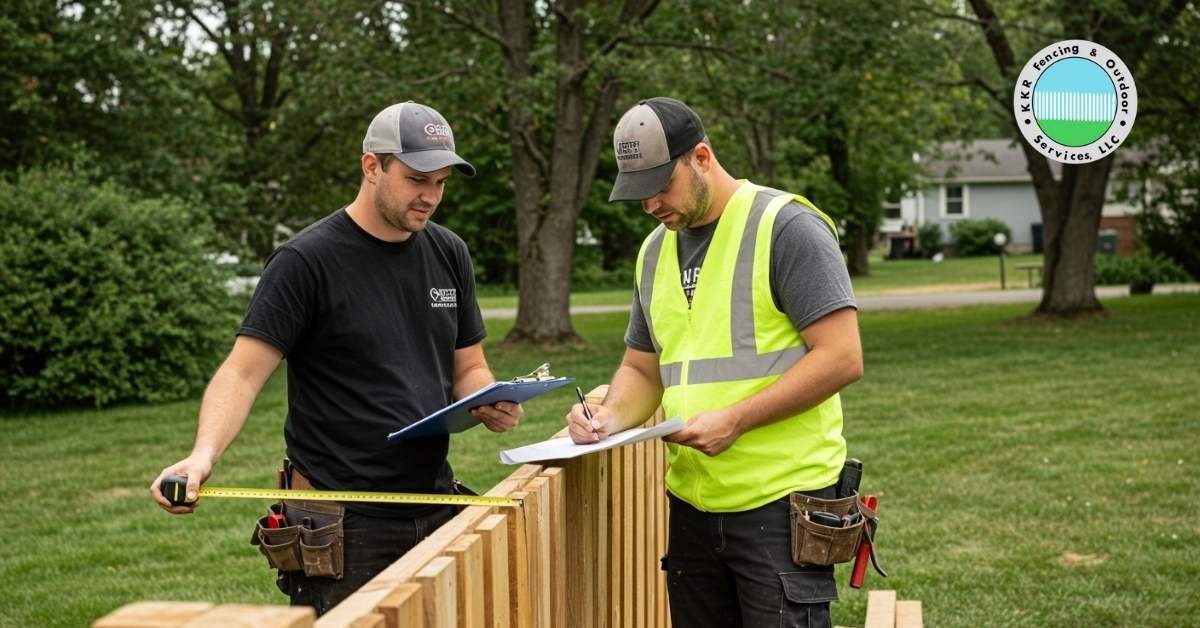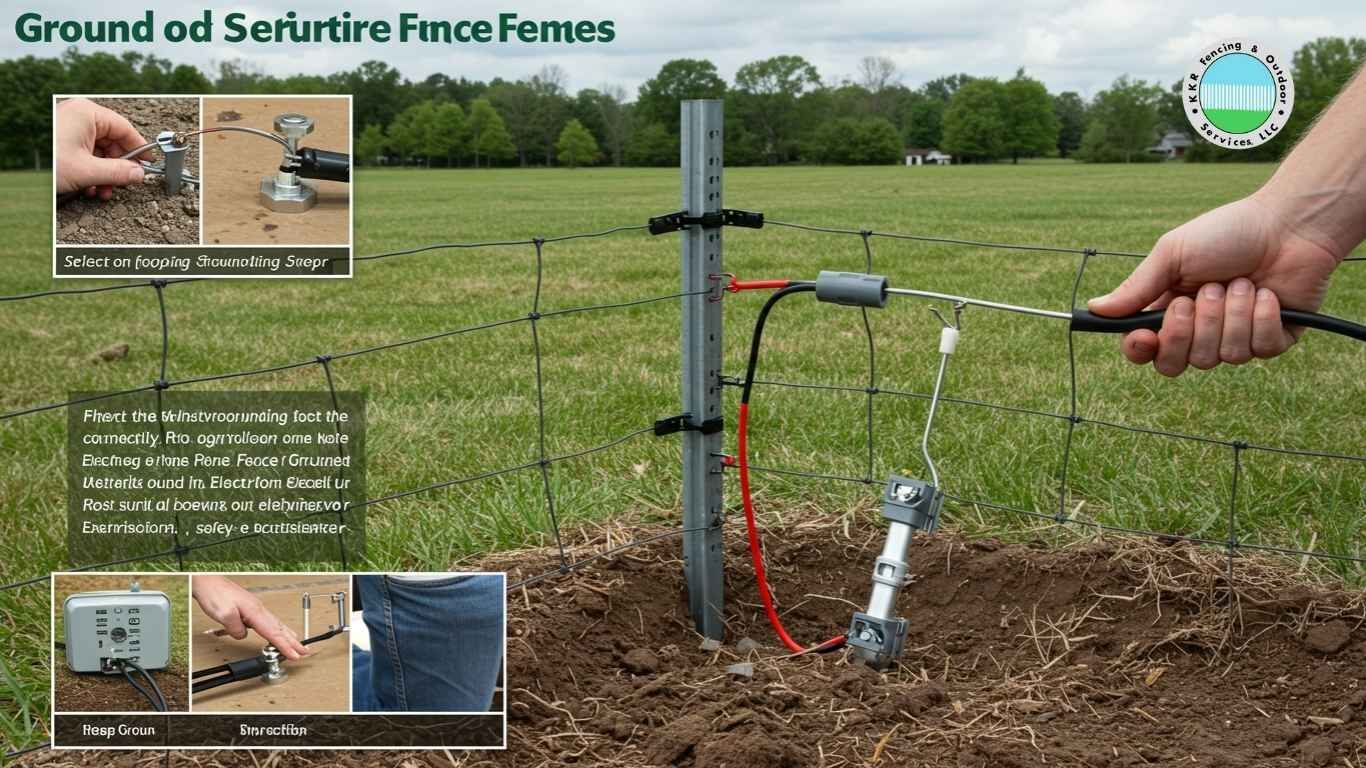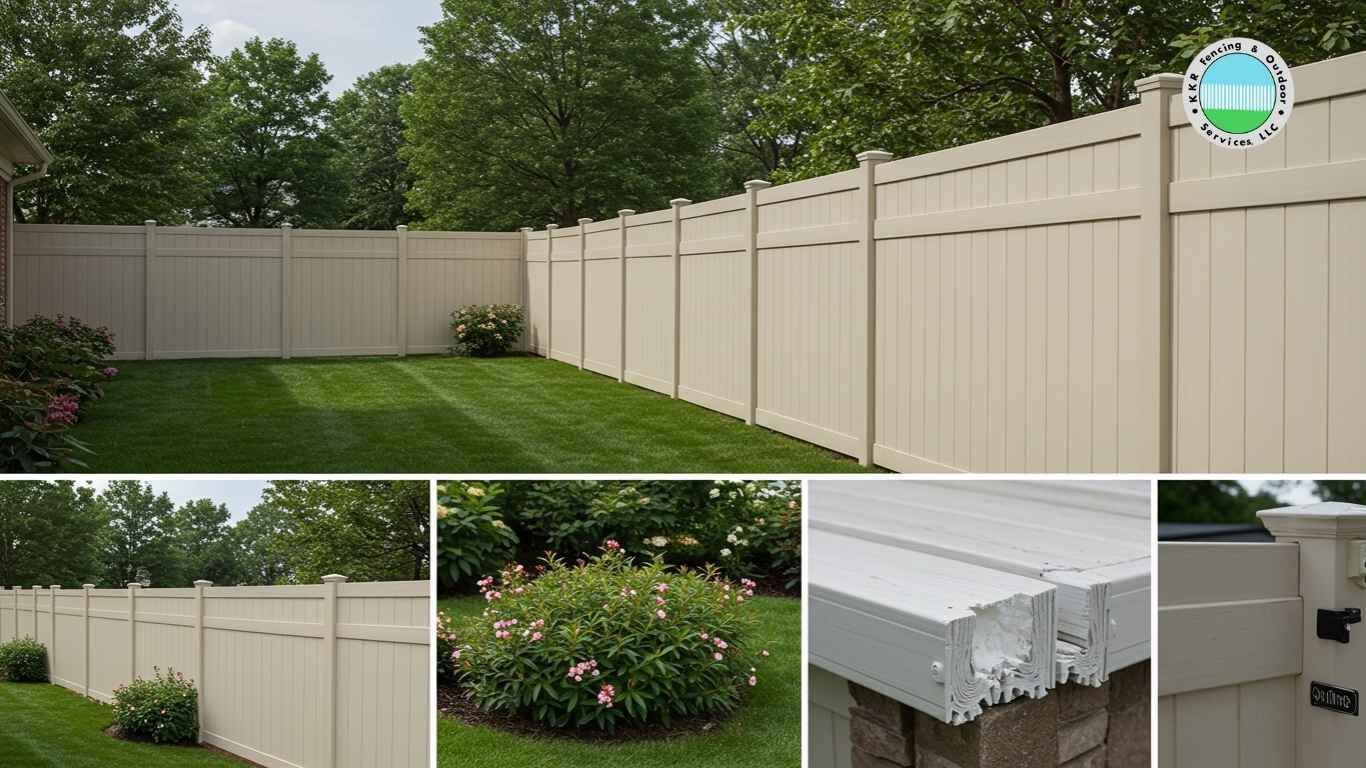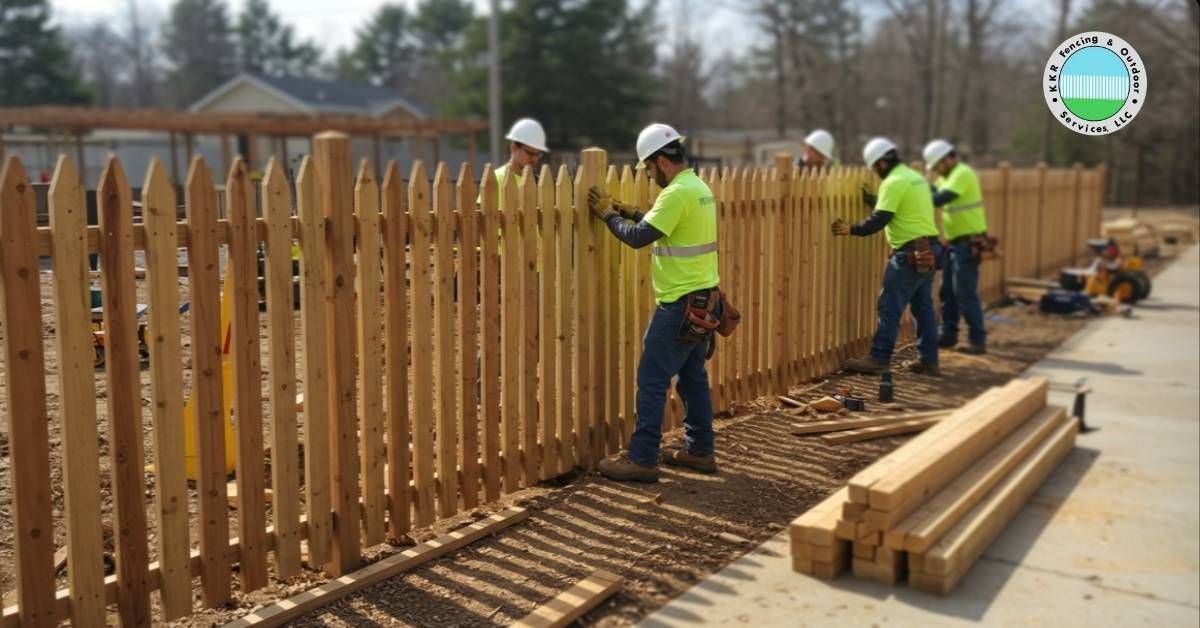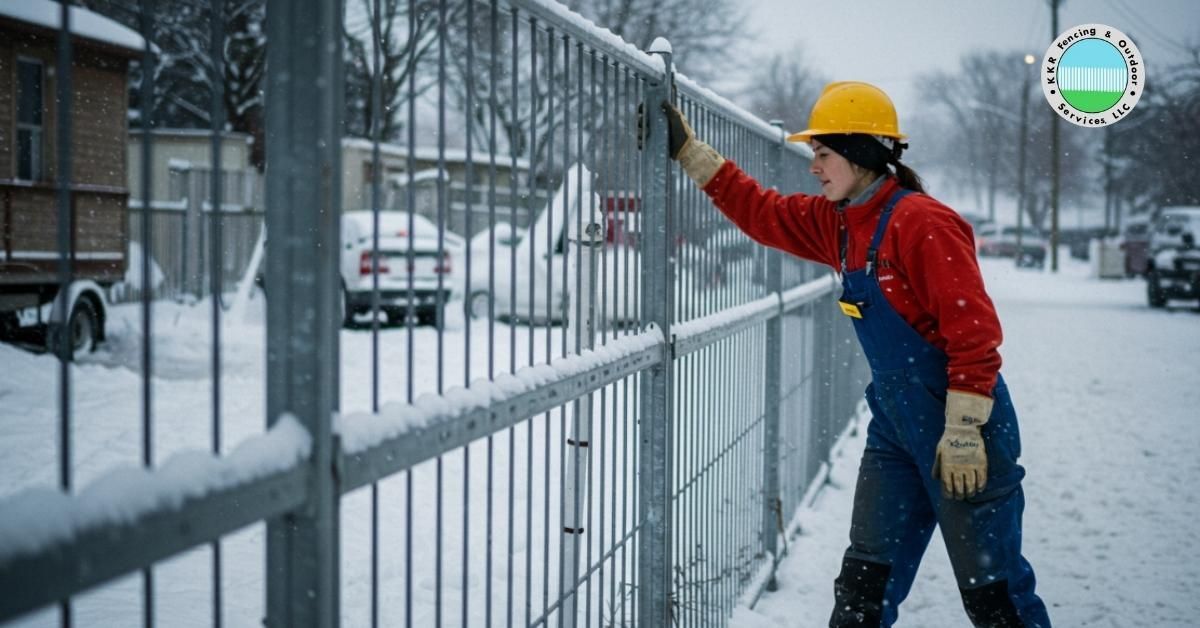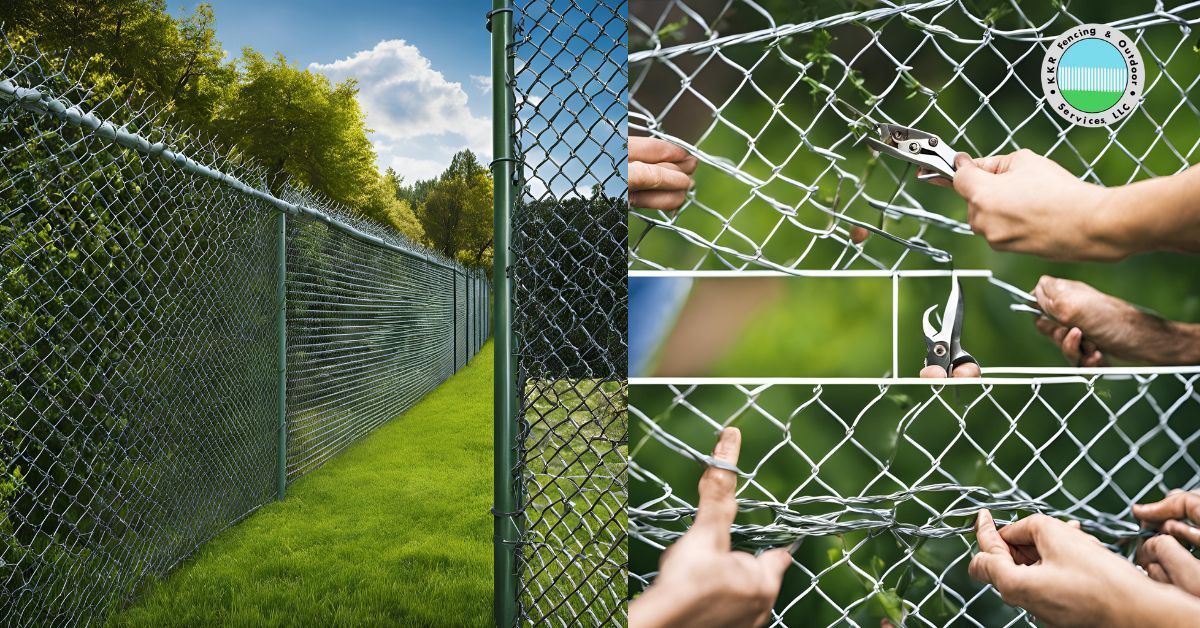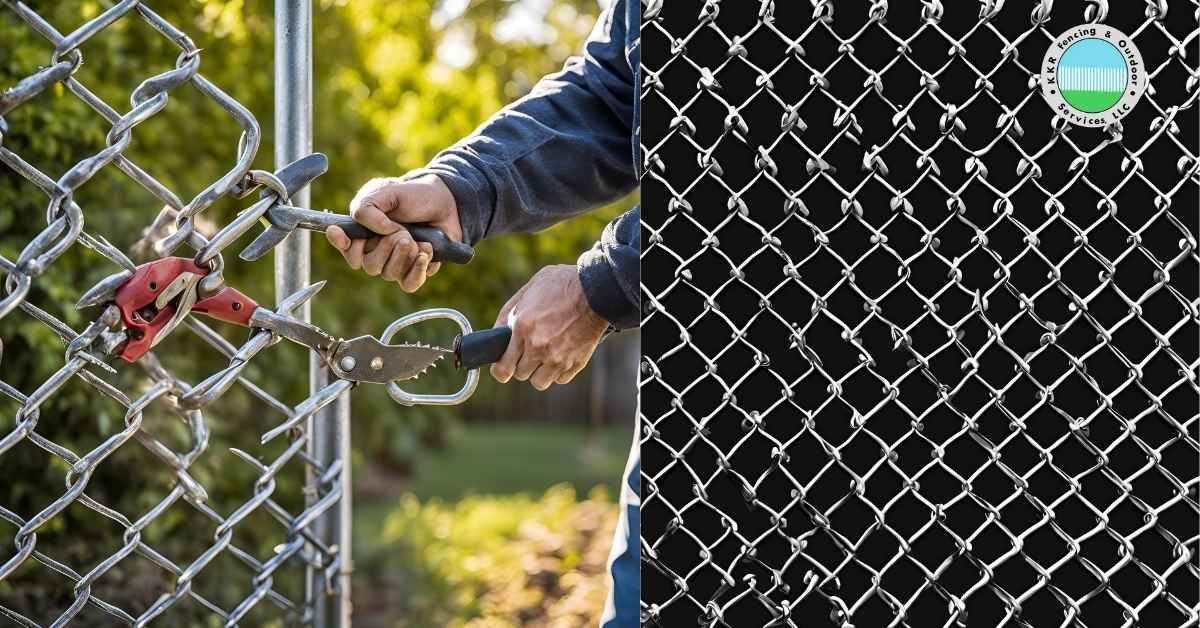Residential Hog Wire Fence Panels
When it comes to securing your property while maintaining an open, modern look, residential hog wire fence panels are an excellent choice. These panels offer a blend of durability, visibility, and style, making them a popular option for homeowners looking to enhance their outdoor spaces. In this guide, we'll explore the many benefits of hog wire fence panels, walk through the installation process, and discuss the most common uses for this versatile fencing solution.
What Are Hog Wire Fence Panels?
Hog wire fence panels, a unique type of fencing made from thick, welded wire grids, were originally designed for agricultural use. Their strength and minimalistic design have made them increasingly popular for residential fencing. These grids, typically held together by wooden or metal posts, create a sturdy fence that allows for clear visibility, a feature not commonly found in other types of fencing.
Unlike
chain link or wood fences that often require frequent repairs, hog wire panels are designed for minimal upkeep and are less prone to damage. They provide a modern, industrial look that blends well with natural landscapes, making them ideal for both residential and commercial
applications.
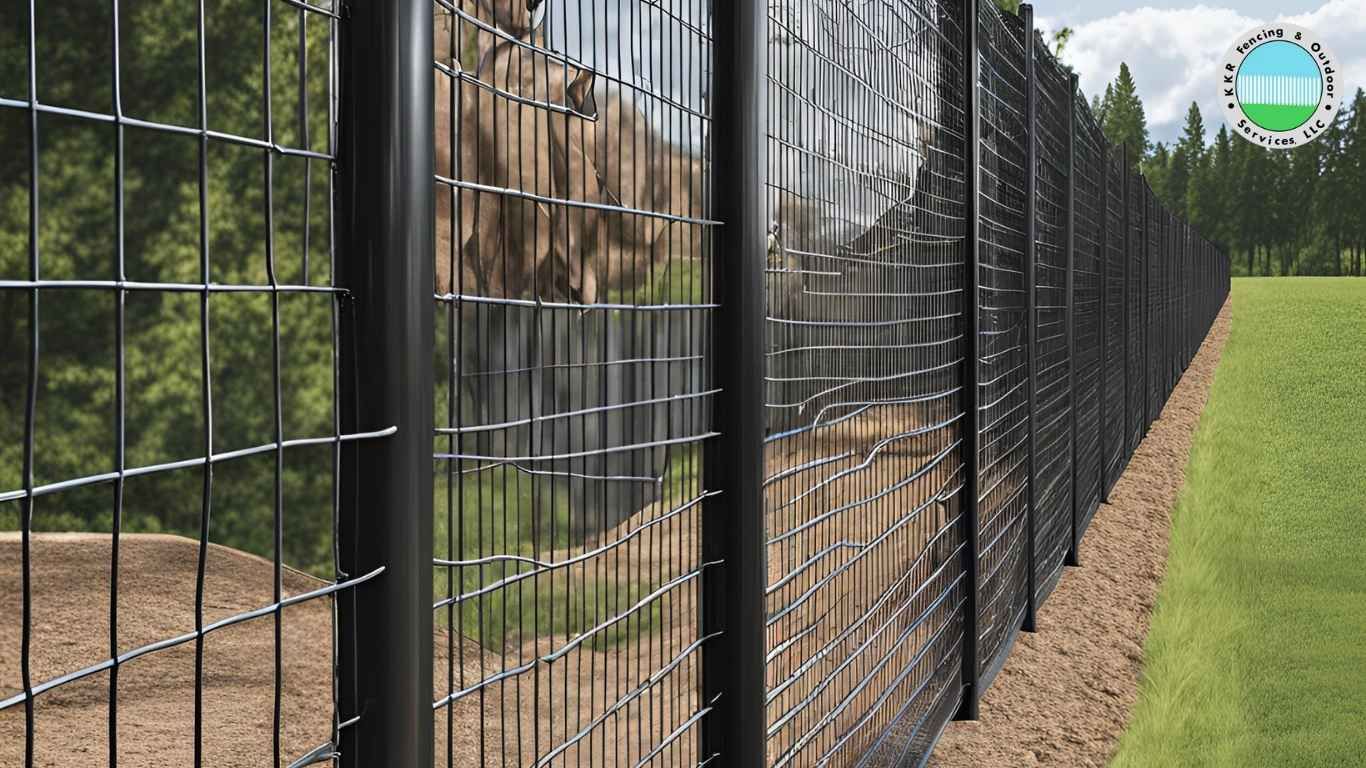
Benefits of Residential Hog Wire Fence Panels
Choosing residential hog wire fence panels comes with several benefits, making them a practical and attractive option for your property. Here are some key advantages:
Durability and Strength: Hog wire panels are designed to be tough. Whether you're securing a garden, pet area, or entire yard, these panels can withstand harsh weather conditions without rusting or warping. They are sturdier than traditional wood gates and can easily outlast residential vinyl fencing.
Visibility and Airflow: One of the most appealing aspects of hog wire fence panels is their open design. Unlike solid residential wood vertical fencing or residential black chainlink fencing, hog wire allows for complete visibility, which is perfect for maintaining scenic views or keeping an eye on your pets.
Hog wire fence panels can be paired with various materials, allowing homeowners to customize their fence to match their home's style. This makes them a popular choice for upgrading residential fencing.
Common Uses for Residential Hog Wire Fence Panels
Residential hog wire fence panels are incredibly versatile and can be used in various areas around your property. Some of the most common applications include:
Garden Fencing
Hog wire panels are perfect for creating solid and attractive barriers around your garden. They keep unwanted pests out while allowing sunlight and fresh air to pass through, ensuring your plants thrive.
Pet and Animal Enclosures
If you need a secure, durable fence for your pets, hog wire panels are a great solution. They're often used in dog fences or to create enclosures for small farm animals like goats and sheep. For larger animals, agricultural fencing or agricultural cattle fences might be more suitable. Still, hog wire works well for smaller animals in residential settings.
Deck and Patio Railings
Homeowners also use hog wire fence panels for residential wood railing or residential vinyl railing around decks and patios. The open design offers a clean, modern look that enhances outdoor living spaces.
Step-by-Step Installation Guide for Hog Wire Fence Panels
Installing residential hog wire fence panels is a project that many homeowners can confidently tackle with the right tools and guidance. Here's a straightforward step-by-step process to get your hog wire fence set up:
Planning the Layout
Start by measuring the area where you plan to install the fence. Mark the locations where the fence posts will go, ensuring the layout is straight and aligned with your property.
Gathering Materials
For this project, you'll need the following materials:
- Hog wire panels
- Wooden or metal posts
- Screws or nails
- Concrete (for setting the posts)
- Power drill
These materials are common in both
residential wood horizontal fencing and
commercial aluminum fence projects, so sourcing them is easy.
Installing Fence Posts
Dig holes for your fence posts using a post digger. Each hole should be deep enough to secure the post firmly. Set the posts in concrete to ensure they won't move, and use a level to make sure each post is perfectly straight.
Attaching Hog Wire Panels
Once the posts are set and the concrete has cured, you can start attaching the hog wire panels. Use a power drill to secure the panels to the posts with screws or nails, ensuring they are tight and stable.
Finishing Touches
Finally, walk along the fence line and check for any loose areas or gaps. Make sure the panels are level and that the posts are sturdy.
Maintenance Tips for Hog Wire Fence Panels
Maintaining your residential hog wire fence panels is straightforward, but regular care will ensure they last for years. Here are some tips to keep your fence in top shape:
- Cleaning: Every few months, clean the fence with a hose to remove dirt and debris. For tougher stains, use a mild detergent and scrub with a brush.
- Rust Prevention: If your fence uses metal posts or fixtures, regularly inspect them for rust and treat any affected areas to prevent further corrosion.
- Wood Maintenance: If you've used wood for the posts, ensure they are correctly sealed or stained to protect against moisture and rot. Pressure-treated lumber is incredibly durable, making it ideal for long-term use in fencing.
Following these steps can prevent the need for
deck repair or even
deck replacement down the line, ensuring your outdoor areas stay functional and beautiful.
When to Call a Professional for Installation
While installing residential hog wire fence panels can be a satisfying DIY project, sometimes it's best to leave the job to the professionals. Complex installations or large projects may require professional expertise to ensure everything is done correctly.
At
KKR Fencing & Outdoor Services LLC, we specialize in residential fencing, commercial fencing, and custom fence installations. Whether you need vinyl fence repair, wood gates, or hog wire fence installation, our team has the experience and knowledge to handle the job. Contact us today for a consultation!
Conclusion
Residential hog wire fence panels offer a combination of durability, visibility, and aesthetic appeal, making them an excellent choice for homeowners who want to secure their property with style. These panels are versatile and robust and can be used for anything from garden fencing to deck railings while still maintaining an open view.
Whether you're installing them yourself or prefer the help of professionals, hog wire panels are an innovative and long-lasting investment for any home. For expert installation or vinyl fence repair services, reach out to KKR Fencing & Outdoor Services LLC—your trusted partner in all things fencing.
FAQs for
“Residential Hog Wire Fence Panels”
1. What are residential hog wire fence panels?
Residential hog wire fence panels are durable fencing materials made of welded wire grids. Initially used for agricultural purposes, these panels have become popular in residential settings for their strength, versatility, and open design, allowing for visibility while maintaining security.
2. How durable are residential hog wire fence panels?
Hog wire fence panels are incredibly durable. They can withstand harsh weather conditions and are less prone to damage compared to traditional wood fencing or vinyl fencing. With proper installation and maintenance, they provide long-lasting protection for your property.
3. Can hog wire fence panels be used for pets and animal enclosures?
Yes, residential hog wire fence panels are perfect for securing pets and small animals. Their sturdy structure makes them ideal for dog fences and other pet enclosures while also being suitable for small farm animals like goats, sheep, and cattle.
4. How do you install residential hog wire fence panels?
Installing hog wire fence panels involves setting fence posts, attaching the wire panels, and securing them with nails or screws. You’ll need standard tools such as a post digger, power drill, and concrete to secure posts. For detailed steps, it’s recommended to follow an installation guide or hire a professional like KKR Fencing & Outdoor Services LLC.
5. Should I hire a professional for hog wire fence installation?
While many homeowners choose to install residential hog wire fence panels themselves, hiring a professional like KKR Fencing & Outdoor Services LLC ensures proper installation and saves time. Professional services guarantee that your fence is built to last and meets all local standards.
For reliable fencing services in New York, visit KKR Fencing NY.
If you’re looking to enhance your website’s SEO, connect with our partners at Pro Growe.
